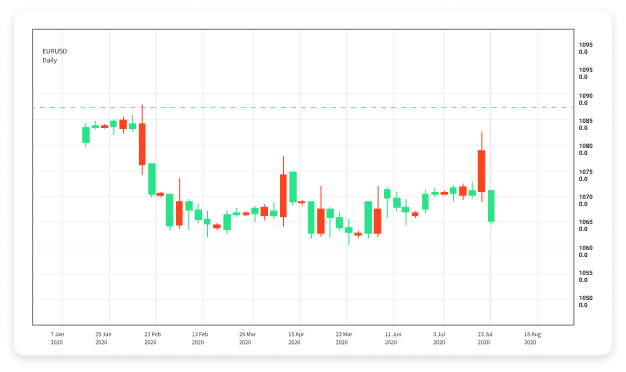

Forex trading, short for foreign exchange trading, is the global market where currencies are traded. It’s one of the largest and most liquid financial markets in the world. If you are interested in trading currencies and looking to dip your toes into the forex market, you’ve come to the right place. In this article, we will cover essential steps and tips to help you start your forex trading journey, including choosing a broker and understanding the market dynamics. For those specifically looking to trade in Argentina, you can check out how to start forex trading Forex Brokers in Argentina to find the right platform for your needs.
Before you dive into forex trading, it’s crucial to understand its basics. The forex market operates 24 hours a day, five days a week, and involves the buying and selling of currency pairs. Each currency pair consists of a base currency and a quote currency. For example, in the EUR/USD pair, EUR is the base currency, and USD is the quote currency. The price of the currency pair represents how much of the quote currency you need to purchase one unit of the base currency.
The first step to becoming a successful forex trader is education. There are numerous resources available online, including articles, videos, webinars, and online courses. Familiarize yourself with fundamental and technical analysis, trading strategies, and risk management. Understanding how different economic indicators affect currency movements can also give you an edge in the market.
Selecting a good forex broker is perhaps the most critical step in your trading journey. Look for brokers that are regulated, have a good reputation, offer competitive spreads, and provide a user-friendly trading platform. Make sure to check their customer service, deposit and withdrawal options, and educational resources. As mentioned earlier, you can find a list of reliable Forex Brokers in Argentina if you’re based in that region.
Once you’ve chosen a broker, the next step is to open a trading account. Most brokers offer different account types based on your trading experience and financial capacity. For beginners, a demo account is recommended as it allows you to practice trading with virtual money without the risk of losing real funds. This practice helps you get acquainted with the trading platform and test your strategies.
A trading plan is crucial for your success as it outlines how you will trade, including your strategy, risk management, and profit-taking rules. Your plan should incorporate your goals, trading style (day trading vs. swing trading), and your risk tolerance. Stick to your plan to avoid making impulsive decisions based on emotions.

Once you feel comfortable with your broker and your trading plan, it’s time to start trading. Begin with a small amount of capital that you can afford to lose. Monitor your trades and market movements closely, and don’t hesitate to adjust your strategy based on market conditions.
Technical analysis involves studying price charts and using various indicators to forecast future price movements. Traders use tools like moving averages, RSI (Relative Strength Index), and Fibonacci retracement levels to identify entry and exit points.
Fundamental analysis focuses on economic news, reports, and other factors that can affect currency values. Understanding interest rates, employment rates, GDP growth, and geopolitical events can help you make informed trading decisions.
Effective risk management is vital for any trader. Set a risk-reward ratio for each trade and never risk more than you can afford to lose. Use stop-loss orders to protect your capital in case a trade goes against you.
Many new traders fall into common traps that can hinder their success. Here are a few mistakes to avoid:
Starting forex trading can be an exciting and potentially profitable venture if you approach it with the right knowledge and mindset. Educate yourself, choose a reliable broker, develop a trading plan, and be disciplined in your trading approach. Always keep learning and adapting to market changes, and remember that success in forex trading doesn’t happen overnight. With patience and practice, you can become a successful trader.